20 Ways to Lower Your Blood Pressure Naturally (No Meds Required)
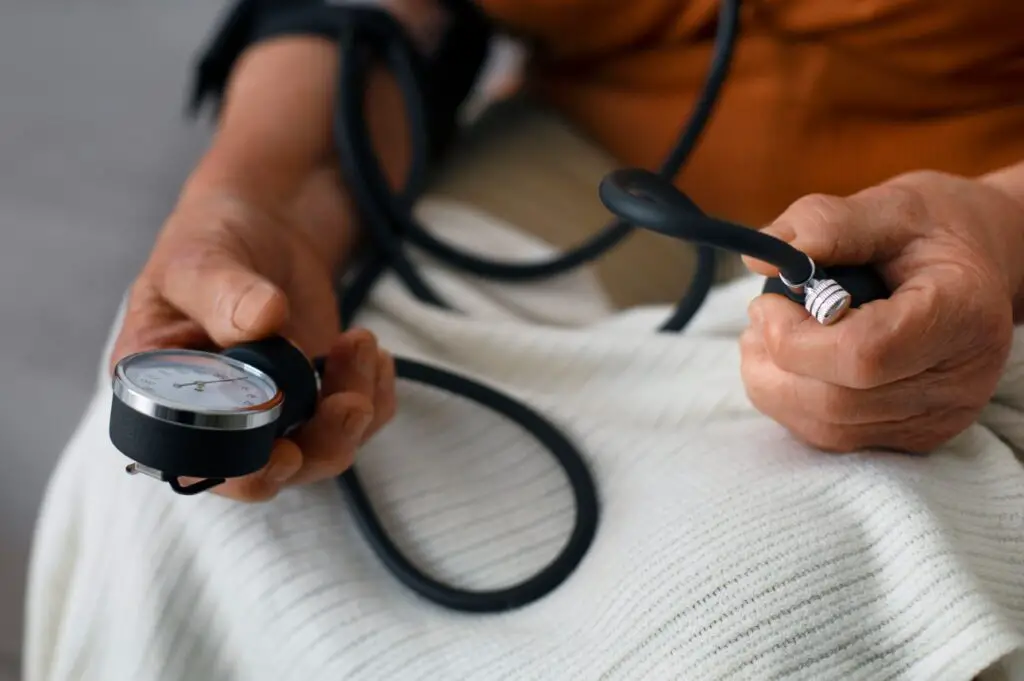
High blood pressure, also known as hypertension, is a common health issue affecting millions of people worldwide. If left untreated, it can lead to serious health complications, such as heart disease and stroke. While medication can help manage blood pressure, there are many natural ways to reduce it without relying on pills. In this blog, we will explore 20 effective and simple strategies to lower your blood pressure naturally, allowing you to take control of your health and wellbeing.
1. Eat a Heart-Healthy Diet
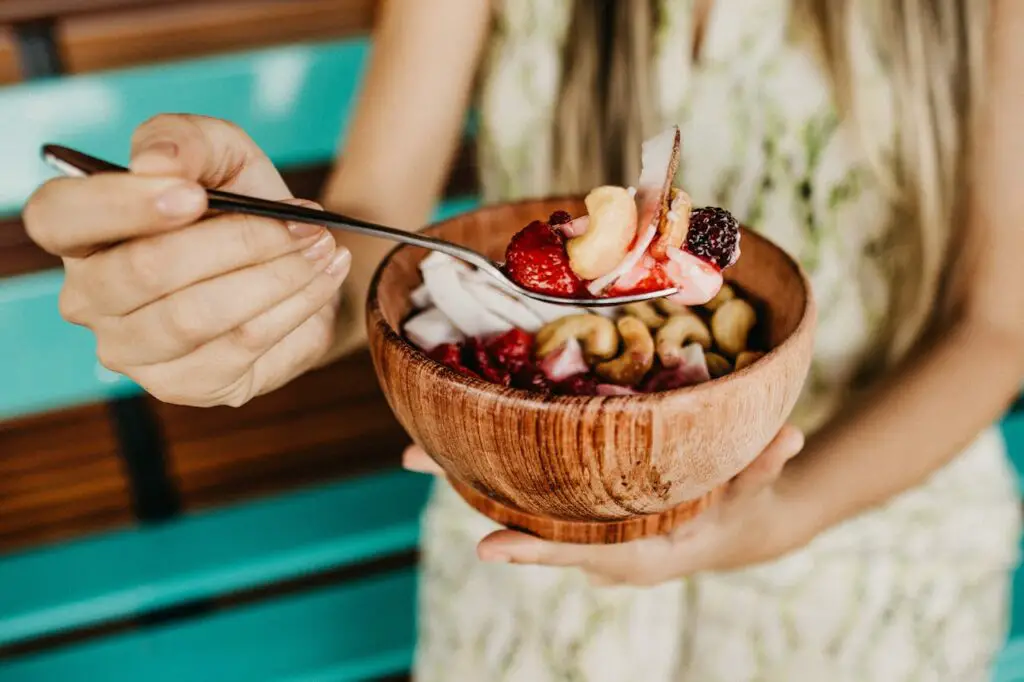
Eating a diet rich in fruits, vegetables, whole grains, and lean proteins can help reduce blood pressure. Foods like leafy greens, berries, and foods high in potassium and magnesium support healthy blood vessel function, which can help lower your blood pressure naturally. A balanced diet is essential for overall health, and when combined with other lifestyle changes, it can be a powerful tool in managing hypertension. A heart-healthy diet also includes healthy fats, such as those found in avocados, olive oil, and nuts, which can help improve cholesterol levels and further support heart health.
2. Increase Your Potassium Intake
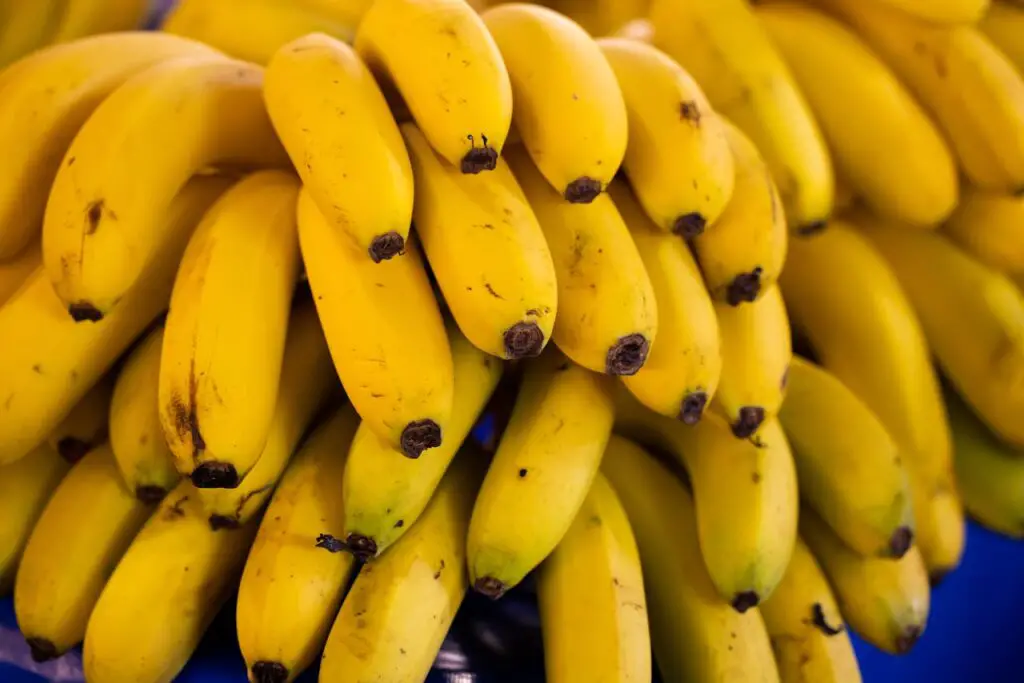
Potassium helps balance the effects of sodium in your body, which can lower blood pressure. Foods like bananas, sweet potatoes, spinach, and beans are excellent sources of potassium. By including these foods in your diet, you can help regulate your blood pressure without the need for medication. Potassium-rich foods also help your kidneys function more effectively, which can assist in maintaining healthy blood pressure levels. Increasing potassium intake can be especially beneficial if you consume a lot of sodium, as potassium works to counteract the negative effects of salt.
3. Reduce Sodium Intake

Excessive sodium consumption is a major contributor to high blood pressure. Cutting back on processed foods, canned soups, and salty snacks can significantly reduce your sodium intake. Aim for no more than 1,500 milligrams of sodium per day to help keep your blood pressure in check. In addition to avoiding high-sodium foods, it is also important to read nutrition labels and be mindful of hidden sodium in products like sauces, condiments, and packaged meals. Cooking at home allows you to control the amount of salt in your meals and can help you maintain a lower sodium intake.
4. Exercise Regularly

Regular physical activity is one of the most effective ways to lower blood pressure naturally. Aerobic exercises, such as walking, jogging, swimming, and cycling, can help improve heart health and reduce hypertension. Aim for at least 30 minutes of moderate exercise most days of the week to see noticeable improvements. Consistent exercise helps strengthen your heart, allowing it to pump blood more efficiently and with less effort, which reduces the strain on your arteries. Additionally, regular physical activity can help you maintain a healthy weight, which is also important for controlling blood pressure.
5. Practice Deep Breathing Techniques

Deep breathing exercises, such as diaphragmatic breathing, can help reduce stress and lower blood pressure. By focusing on slow, deep breaths, you activate your parasympathetic nervous system, which helps relax your body and lower your heart rate. Practicing deep breathing for just a few minutes each day can lead to long-term benefits for your blood pressure. Techniques such as box breathing, where you inhale for a count of four, hold for four, exhale for four, and hold again for four, can help calm the nervous system and improve overall cardiovascular health.
6. Reduce Stress

Chronic stress is a significant contributor to high blood pressure. Finding ways to manage stress, such as practicing mindfulness, meditation, or yoga, can help lower your blood pressure naturally. Regular stress management techniques can help keep your blood pressure in check, even during challenging times. Stress-reducing activities promote the release of feel-good hormones like endorphins, which counteract the negative effects of stress on the body. Finding a balance between work, personal life, and relaxation is key to maintaining a healthy blood pressure level.
7. Limit Alcohol Consumption
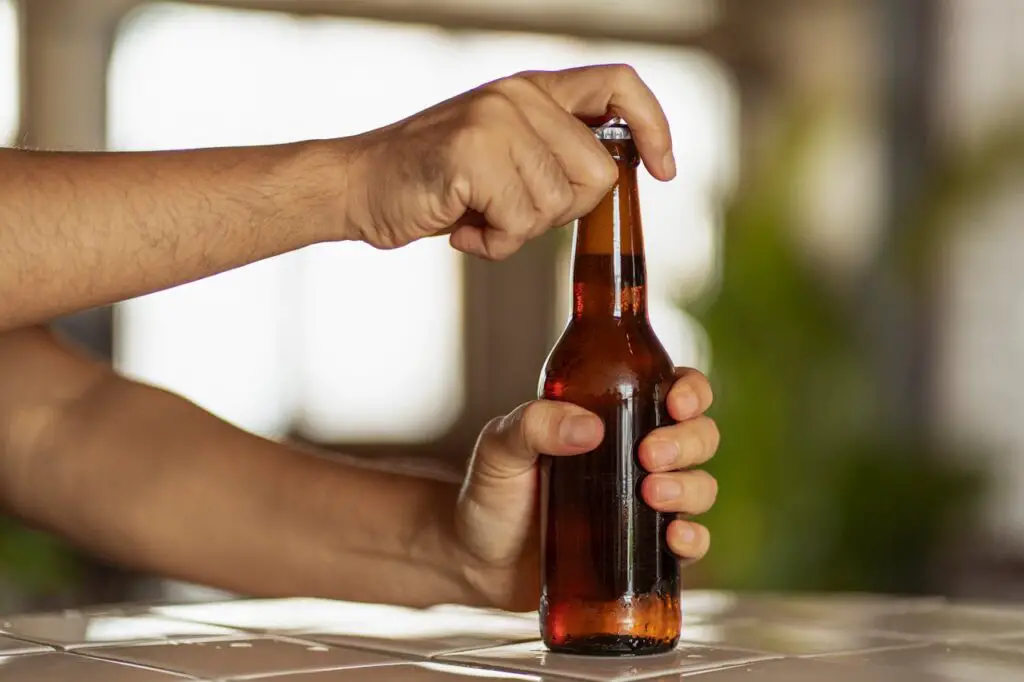
Drinking alcohol in excess can raise your blood pressure. Limiting your alcohol intake to one drink per day for women and two drinks per day for men can help maintain healthy blood pressure levels. If you’re struggling with high blood pressure, consider cutting back or eliminating alcohol altogether to see positive changes. Alcohol can interfere with the effectiveness of blood pressure medications, so reducing consumption can help improve the overall management of hypertension. Additionally, excessive drinking can contribute to weight gain, which is another risk factor for high blood pressure.
8. Quit Smoking

Smoking is harmful to your heart and blood vessels, and it can lead to elevated blood pressure. Quitting smoking can have immediate and long-term benefits for your cardiovascular health, including lowering your blood pressure. Seek support from friends, family, or a healthcare professional to help you quit for good. The harmful chemicals in tobacco can damage blood vessels and increase inflammation, making it harder for your blood vessels to dilate and function properly. By quitting smoking, you can significantly reduce your risk of heart disease and stroke while improving your overall health.
9. Get Enough Sleep

Poor sleep quality and sleep deprivation can contribute to high blood pressure. Aim for 7-9 hours of quality sleep each night to help your body recover and regulate your blood pressure. Establishing a regular sleep schedule and creating a relaxing bedtime routine can improve your sleep quality and support heart health. Lack of sleep can increase the production of stress hormones like cortisol, which can raise blood pressure. Ensuring you get enough rest is crucial for maintaining healthy blood pressure levels and supporting overall wellbeing.
10. Drink Hibiscus Tea
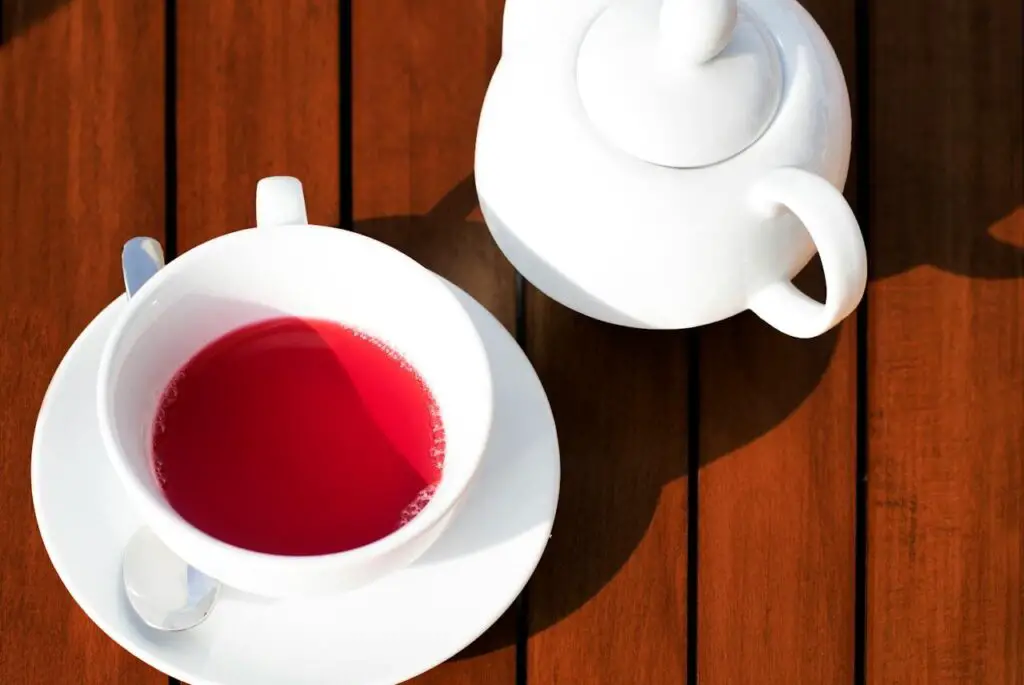
Hibiscus tea has been shown to have blood pressure-lowering properties. Drinking 1-2 cups of hibiscus tea daily can help reduce both systolic and diastolic blood pressure. This herbal tea is rich in antioxidants and can be a refreshing, natural remedy for managing hypertension. Hibiscus tea works by helping relax blood vessels, which allows for better blood flow and lower pressure. Additionally, hibiscus tea is a natural diuretic, helping to reduce excess fluid in the body, which can also contribute to lower blood pressure.
11. Incorporate Garlic into Your Diet
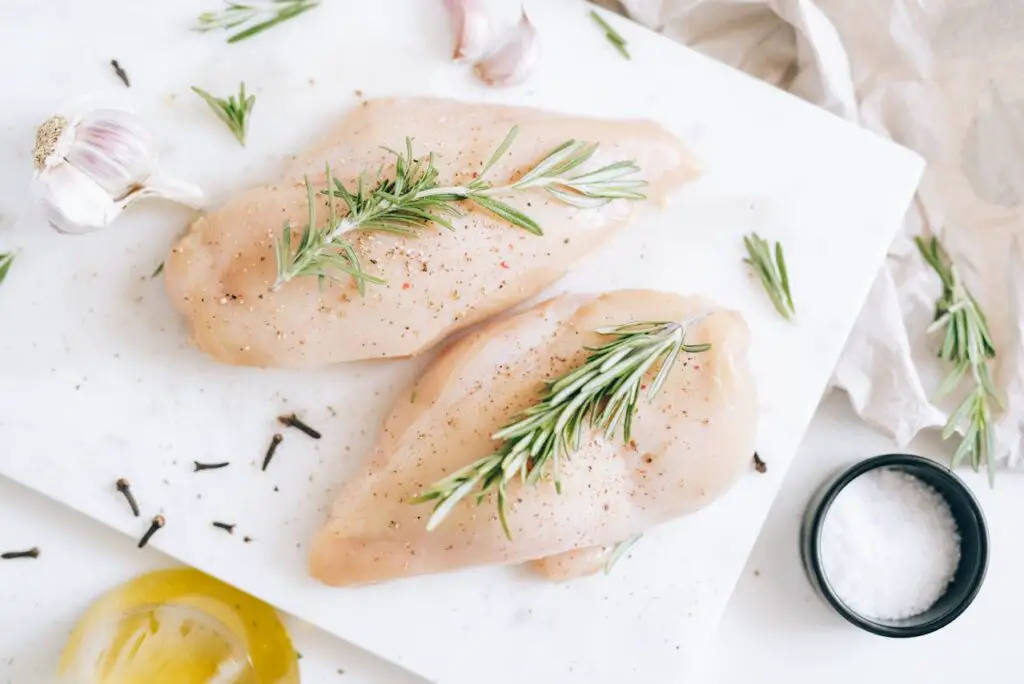
Garlic has long been known for its cardiovascular benefits, including its ability to lower blood pressure. Adding fresh garlic or garlic supplements to your diet can help relax blood vessels and improve circulation. Aim for one or two cloves of garlic per day for optimal blood pressure support. Garlic contains allicin, a compound that has been shown to have a relaxing effect on blood vessels, which can help reduce blood pressure. Incorporating garlic into your meals or taking it in supplement form can be an easy and effective way to support heart health.
12. Try Omega-3 Fatty Acids
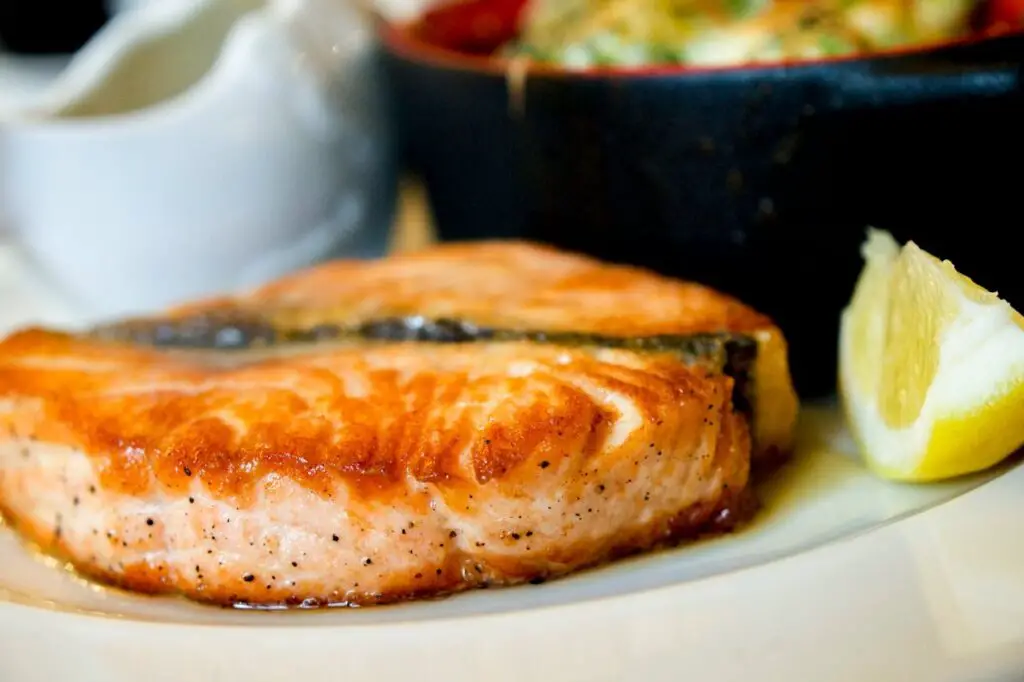
Omega-3 fatty acids, found in fatty fish like salmon, mackerel, and sardines, can help lower blood pressure by reducing inflammation and improving blood vessel function. If you don’t eat fish, consider taking a fish oil supplement or incorporating plant-based omega-3 sources, such as flaxseeds and walnuts, into your diet. Omega-3 fatty acids help reduce blood clotting and lower triglyceride levels, which can improve overall heart health and reduce blood pressure. Regular consumption of omega-3s can have a long-lasting positive impact on your blood pressure.
13. Stay Hydrated
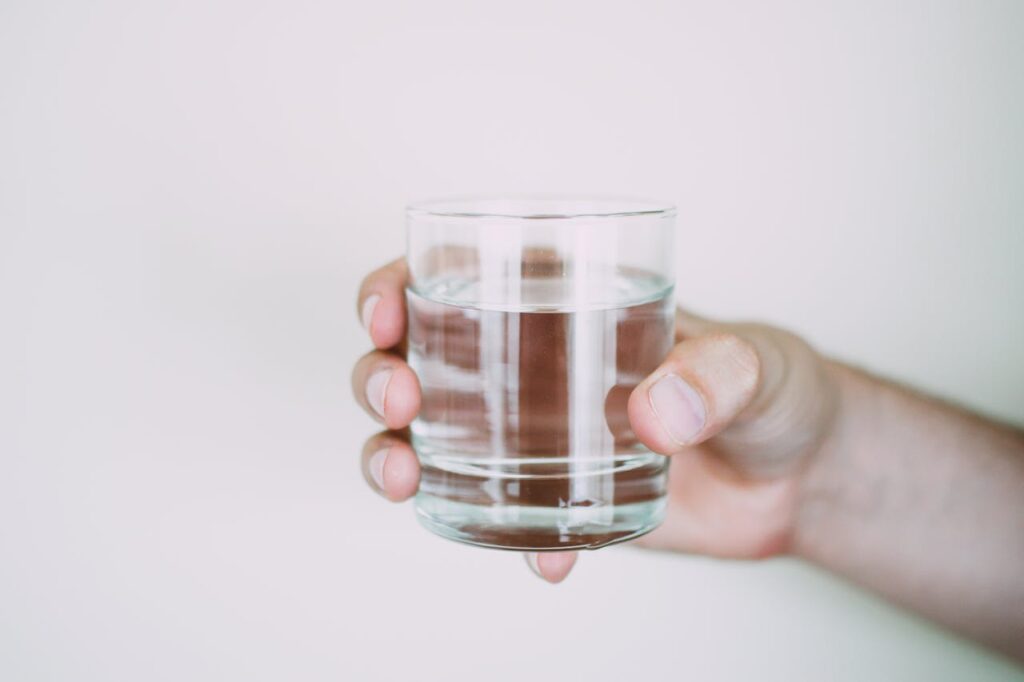
Dehydration can cause your blood pressure to rise. Drinking plenty of water throughout the day helps maintain healthy blood volume and supports proper circulation. Aim to drink at least 8 cups of water a day, and more if you’re physically active or live in a hot climate. Staying hydrated helps your heart pump blood more easily and reduces the strain on your circulatory system. Dehydration can also cause your blood vessels to constrict, leading to higher blood pressure, so it’s important to drink enough fluids to keep your body properly hydrated.
14. Try Meditation

Meditation is an effective way to reduce stress and promote relaxation, which can lower blood pressure. Regular meditation practice can help reduce anxiety, calm the nervous system, and improve overall health. Consider setting aside time each day to meditate, even if it’s just for 5-10 minutes. Meditation techniques such as mindfulness or guided imagery can help you focus on the present moment, which can reduce feelings of stress and anxiety that contribute to high blood pressure. Over time, meditation can have a lasting positive impact on your blood pressure and overall wellbeing.
15. Take Magnesium Supplements

Magnesium plays a crucial role in regulating blood pressure. A magnesium deficiency can contribute to high blood pressure, so consider taking a magnesium supplement or eating magnesium-rich foods like almonds, spinach, and avocados. Speak to your doctor before starting any supplements to ensure they’re right for you. Magnesium helps relax blood vessels and supports proper muscle and nerve function, both of which are essential for maintaining healthy blood pressure levels.
16. Monitor Your Blood Pressure Regularly
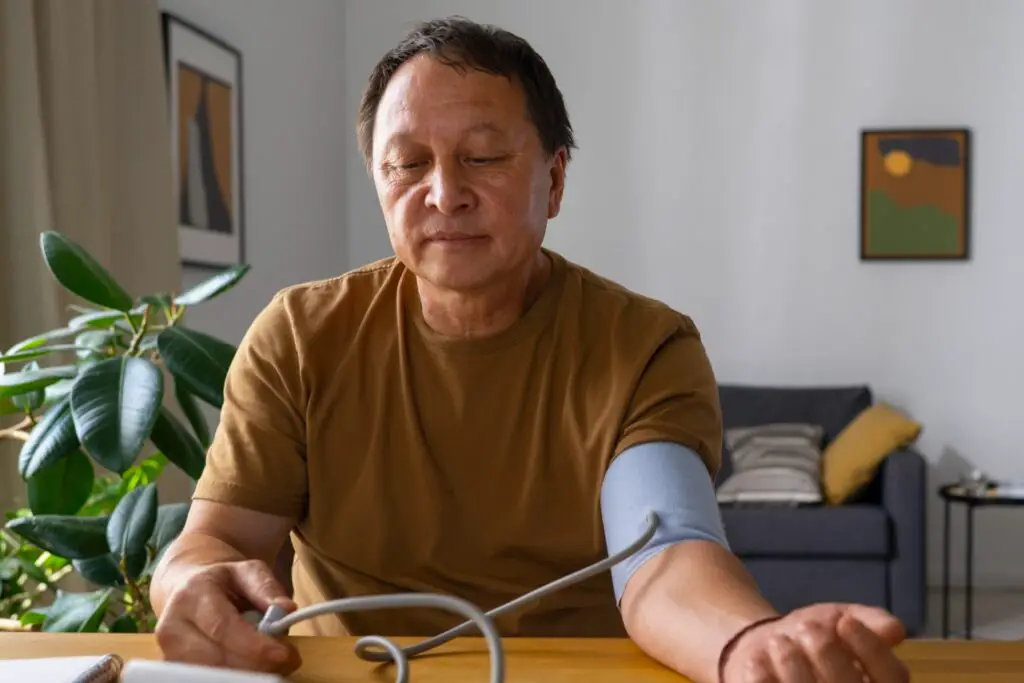
Regularly checking your blood pressure at home can help you track your progress and stay motivated to maintain a healthy lifestyle. Many pharmacies offer free blood pressure monitors, or you can invest in an at-home device to keep tabs on your numbers. Regular monitoring can also help you catch any early signs of hypertension and take action before it becomes a serious issue. Tracking your blood pressure regularly allows you to adjust your lifestyle habits as needed and ensure you are on the right path to maintaining healthy levels.
17. Limit Caffeine

Caffeine can cause a temporary spike in blood pressure, especially in people who are sensitive to it. Reducing your caffeine intake or switching to decaffeinated beverages can help keep your blood pressure stable. If you’re a coffee drinker, try limiting your intake to one cup per day or switching to herbal teas. While caffeine may not have a long-term effect on blood pressure in most people, it can cause a short-term increase that may be problematic for those already at risk for hypertension.
18. Maintain a Healthy Weight
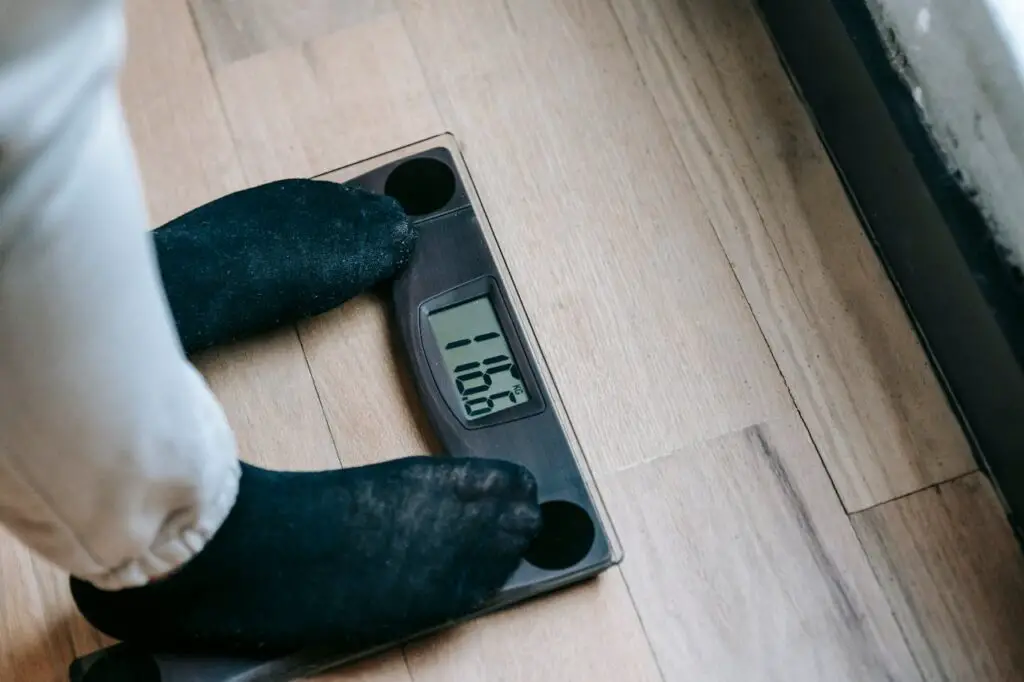
Carrying excess weight puts additional strain on your heart and can raise your blood pressure. Losing even a small amount of weight can help lower your blood pressure significantly. Focus on a balanced diet and regular exercise to achieve and maintain a healthy weight, which will benefit both your blood pressure and overall health. A healthy weight reduces the risk of developing other conditions, such as diabetes, that can contribute to high blood pressure.
19. Limit Processed Foods
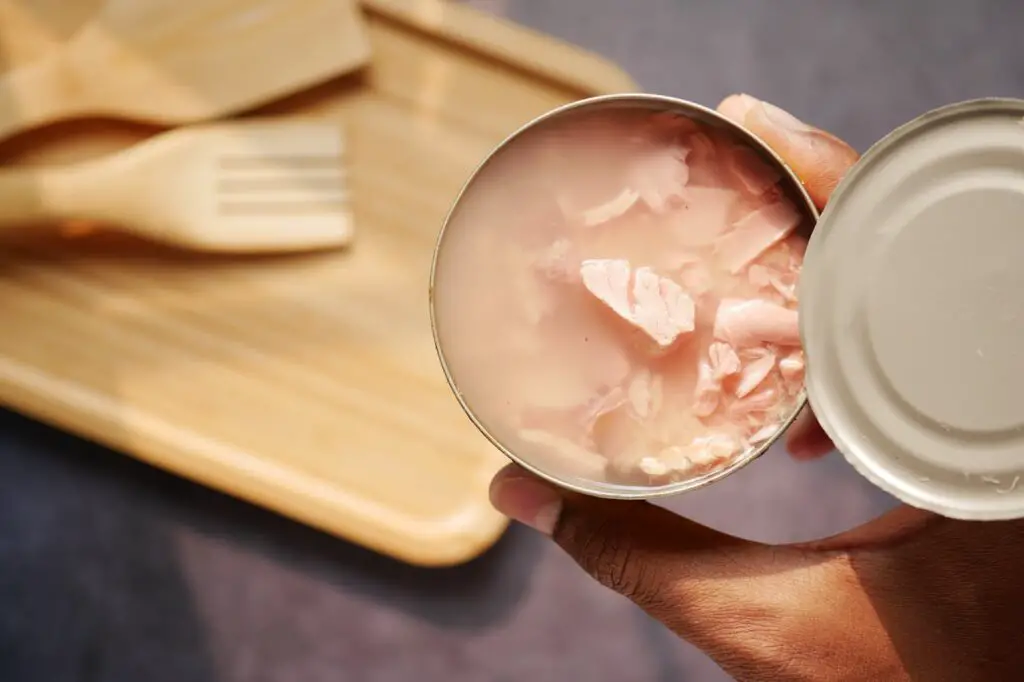
Processed foods are often high in sodium, unhealthy fats, and added sugars, all of which can contribute to high blood pressure. Opt for fresh, whole foods whenever possible, and avoid packaged snacks, frozen meals, and fast food. Cooking at home allows you to control the ingredients and make healthier choices for your blood pressure. Reducing processed food consumption can help you maintain a balanced diet and support healthy blood pressure levels.
20. Try Acupuncture
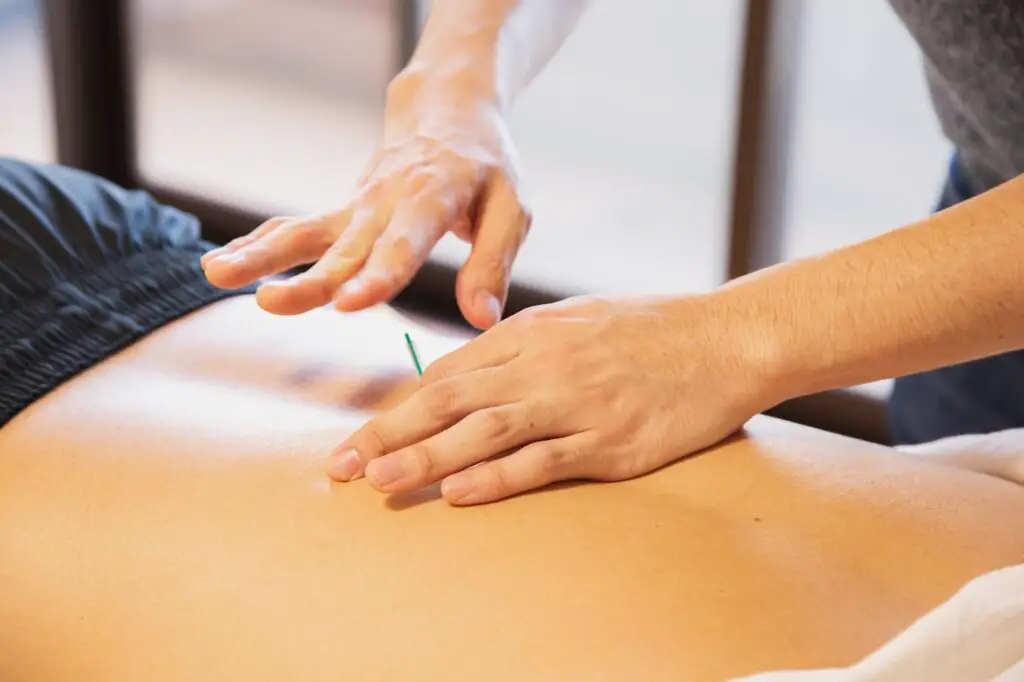
Acupuncture is an ancient practice that involves inserting thin needles into specific points on the body. Some studies suggest that acupuncture can help reduce blood pressure by improving circulation and reducing stress. If you’re interested in acupuncture, consult with a licensed practitioner to see if it might be beneficial for you. This natural therapy has been used for centuries to treat various ailments, including hypertension, and may offer a complementary approach to lowering blood pressure.
Final Thoughts
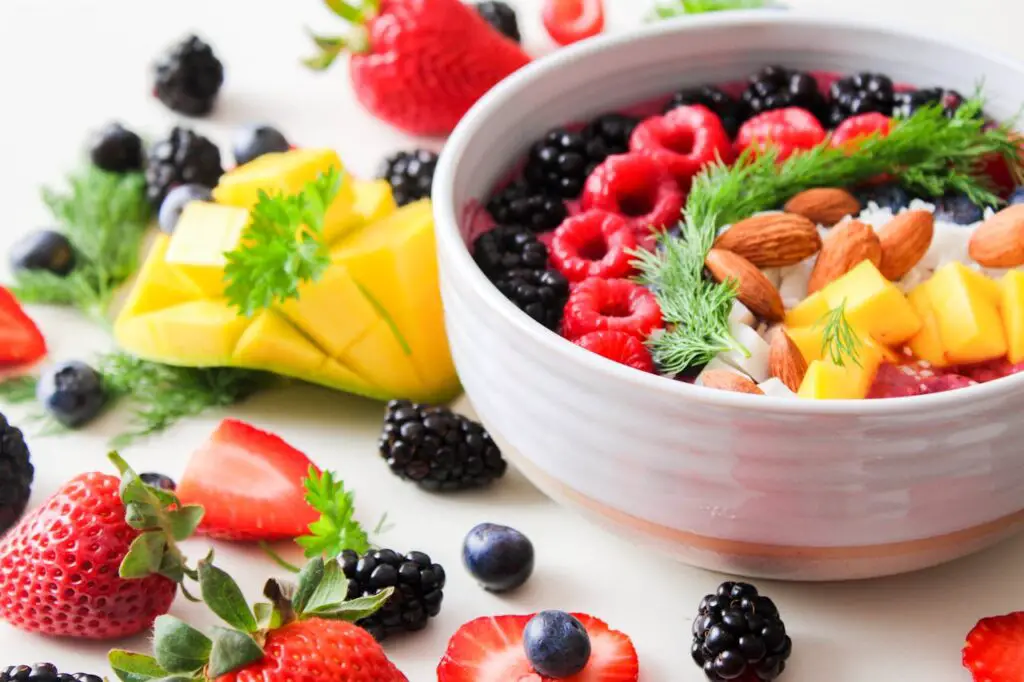
In conclusion, there are many natural and effective ways to lower your blood pressure without the need for medication. By adopting a heart-healthy diet, exercising regularly, managing stress, and making lifestyle changes, you can significantly reduce your blood pressure and improve your overall health. Remember, it’s important to consult with your healthcare provider before making any significant changes to your routine, especially if you have existing health conditions.
Never lose hope if you are suffering from HPV, Genital warts herpes hiv ALS Cancer.and allot more .you don’t have to be worried.They can be cured forever without coming back.with the best herbal remedy from dr.ebedia. I am a leaving testimony I got cured totally and permanently from Herpes virus with his natural herbal remedies.i recommend you all to dr.ebedia. god bless
[email protected]
Whatsapp:+2347080289412